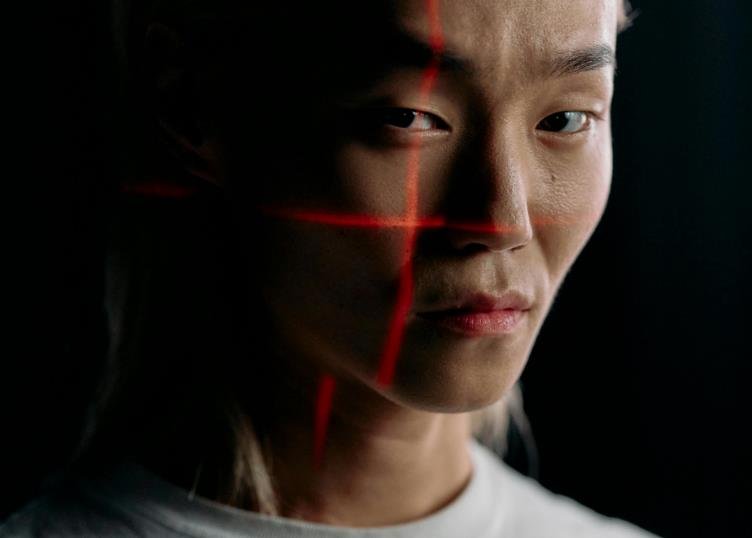Imagine swiping right on someone who looks different than they actually are. Turns out, AI might be making that happen more often than we think.
Researchers are diving deep into how AI facial filters could be reshaping our ideas of attractiveness. A recent study put AI to the test during speed-dating sessions. Volunteers had their smiles digitally altered in real-time. The goal? To see if these tweaks could influence who people felt drawn to.
It’s not just about looking better. The study focused on the subtle changes in social signals. A genuine smile versus a digitally enhanced one might just tip the scales in romantic attraction. Who knew technology could play cupid?

The Mechanics Behind the Magic
So, how exactly do these filters work their charm? During the video-based speed-dating events, participants interacted while their smiles were manipulated by AI. This wasn’t your typical photo filter; it was real-time adjustment aiming to perfect those smiles.
What the Study Found:
- Enhanced Smiles: Participants with digitally improved smiles were rated as more attractive.
- Increased Engagement: Conversations flowed better when smiles were subtly enhanced.
- Boosted Confidence: Volunteers felt more confident knowing their smiles were optimized.
The AI didn’t just slap on a filter; it made thoughtful adjustments to create more appealing facial expressions. It’s like having a personal makeup artist, but for your face’s natural expressions.
Implications for the Dating World
This study could have big ripples in how we approach online dating. If AI can influence attraction, what does that mean for authenticity in connections?
Potential Outcomes:
- Authentic Connections: People might start valuing genuine interactions over perfected appearances.
- Increased Pressure: On the flip side, there could be more pressure to present an idealized version of oneself.
- Technological Dependence: Reliance on AI for enhancing attractiveness might become the norm.
The balance between enhancing one’s appearance and maintaining authenticity is delicate. As AI becomes more integrated into our daily lives, these dynamics will be interesting to watch.
Experts Weigh In
Not everyone is on board with AI’s role in attraction. Some experts are raising eyebrows, while others see it as the next step in digital evolution.
Dr. Lena Thompson, a psychologist, says, “While AI can enhance smiles, it’s crucial to remember that genuine emotions foster deeper connections.” She worries that over-reliance on AI might lead to superficial interactions.
On the other hand, tech enthusiast Marcus Lee believes, “AI is just another tool in our arsenal. It can help people present their best selves, much like makeup or fashion.” He argues that as long as it’s used responsibly, AI can positively influence our social interactions.
The Future of AI in Social Interactions
Looking ahead, the integration of AI in social settings could expand beyond dating. Imagine AI helping you during job interviews or social gatherings by subtly enhancing your expressions.
What to Expect:
- Personalized Enhancements: AI tailored to individual preferences and needs.
- Ethical Considerations: Discussions around consent and the extent of AI’s influence.
- Technological Advancements: More sophisticated AI capable of understanding and enhancing a wider range of social signals.
As AI continues to evolve, its role in shaping our social landscapes will likely grow. Balancing benefits with ethical considerations will be key to its acceptance and success.
Real-World Applications and Concerns
While the study focused on speed-dating, the implications are vast. From social media interactions to professional networking, AI’s ability to influence perception is already underway.
- Social Media: Filters and photo editing tools are just the beginning. Future platforms might offer real-time enhancements.
- Professional Settings: Enhanced expressions could improve first impressions in virtual meetings.
- Personal Relationships: Navigating the authenticity of relationships when AI is involved remains a challenge.
The potential for AI to influence attractiveness is both exciting and concerning. It opens doors to new ways of connecting but also raises questions about the authenticity of those connections.
















